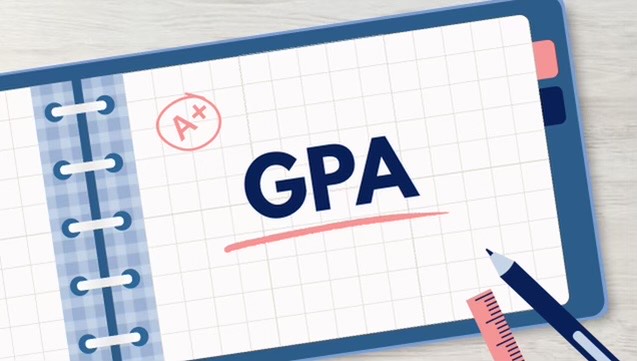With June rapidly approaching and summer rearing its head, final exams are coming into focus. Thus, as happens in high school atmospheres, the obligatory anxiety is kicking in. They’re finals – the most integral part of my grade, some may think. But how much do they really matter?
“The midterm/final count for 1/7 of a student’s year-end grade,” says science teacher Michael Avilés. That’s about 14 percent, which sounds like a sizable chunk of one’s grade, but whether a distinctively poor grade can be a difference-maker in a student’s final grade remains to be seen. “If a student is close enough to the threshold, they can definitely benefit from doing well on the final exam. However, some students may find that a wide range of grades impact their year-end grade only a little.”
If these exams don’t necessarily affect student’s grades all that much, Avilés speculates, one reason for their existence could be their college preparatory nature.
At schools around the country, quite a fuss is made over final exams and their stressful nature. In public schools, final exams can count for up to 30 or 40 percent of a student’s grade. But since at the exam results may not drastically affect an MFS student’s grades, Avilés concedes that it might not be worth worrying about them all too much or feeling overly pressured to ace them. “Someone may find out that the final will not change their grade all that much. In that case, it may be a good chance for a student to more strategically use their time.”
That’s not to say that students should slack off and ignore finals. If a student’s grade is very close to the threshold of moving up or down a grade level, failing or acing the final exam can be the difference between, for example, an A- and a B+. But in some cases, a student’s grade might not budge at all.
The takeaway is this: proceed with caution.







